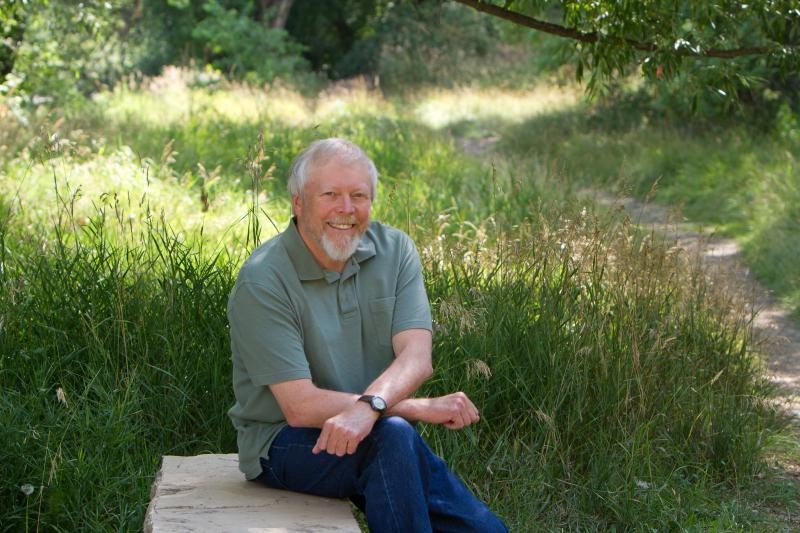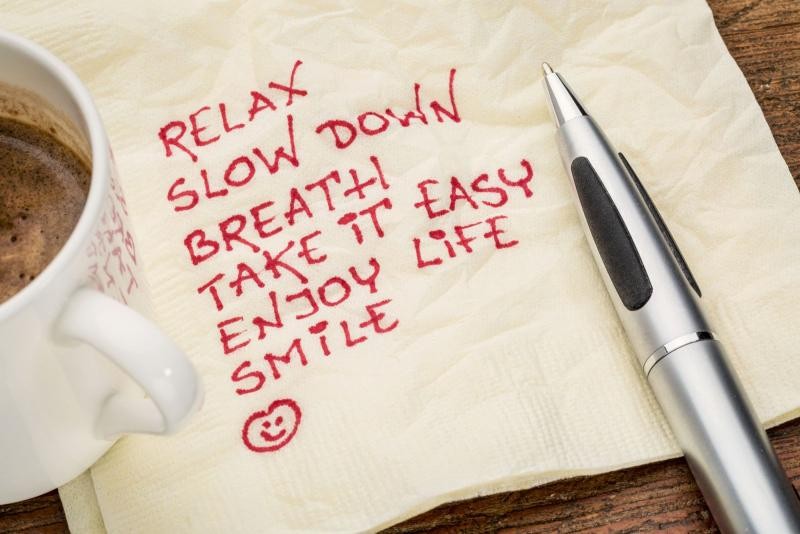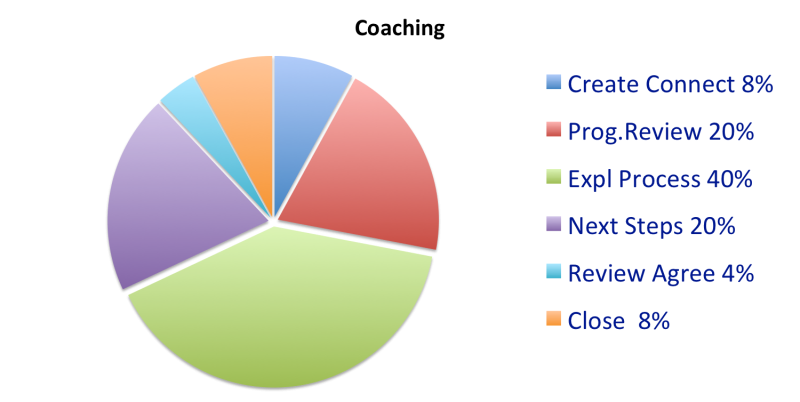Advancing The Craft Of Health & Wellness Coaching
Wellness in a Time of Crisis: Serving Others/Caring for Ourselves

Maintaining strong immune systems and helping people to manage their current illnesses is part of the vital work that health & wellness coaches are doing every day. COVID-19 is causing much higher mortality rates among people with chronic health challenges – the very population that health & wellness coaches and wellness professionals serve. The world needs the work you…
Social Distancing – Not Social Isolation: Coaching for Connectedness in the age of COVID-19

We all still need each other. Even in the age of COVID-19, our health continues to depend upon healthy supportive relationships. Real Balance https://realbalance.com has always stressed what we call Coaching for Connectedness. We‘ve seen lifestyle improvement occur and last more often when people receive support for the changes they are making to live healthier lives. When a…
Where The Listening Starts

Where Listening Starts
An essential part of any wellness coach training is focusing on developing competency in what the ICF (International Coaching Federation) calls Active Listening – Paraphrase and Restatement; Reflection of Feeling; Request for Clarification; the use of Silence and Intuition; Summarization. Yet the active listening skills that we talk about aren’t really skills about how to listen…
2010-2020 A Decade of Growth for Wellness Coaching

After years of building a foundation, health and wellness coaching has flourished in the last decade. At the beginning of this last decade the International Coach Federation was only fifteen years old and the National Board for Health and Wellness Coaching hadn’t even been thought of yet. My book, Wellness Coaching for Lasting Lifestyle Change, had been on the…
Masterful Health & Wellness Coaching: Deepening Your Craft A New Book by Dr. Michael Arloski, coming in 2020

The profession of health and wellness coaching is fully engaged in a process of transformation. As we grow to be of service to wellness programs, lifestyle medicine practices, employee assistance programs, insurance carriers, disease management companies, and all manner of healthcare providers, around the globe, the demand for greater quality coaching only builds. We are moving from a need for…
Emotions, Feelings and Healthy Choices: Coaching for Greater Wellness

One of the first things we learn about in the fields of Wellness & Health Promotion and Health & Wellness Coaching, is that our lifestyle choices are a primary determinant of our health and wellbeing. It seems straightforward that making the right or healthy choice is a rational process based upon having the best information. We often then address…
The Utility of Self Determination Theory and Motivation in Wellness Coaching – Part Two: Autonomy, Competence & Relatedness

As health and wellness coaches work with their clients to help them live their healthiest lives possible, an understanding of the basics of Self-Determination Theory of Edward Deci and Richard Ryan (http://selfdeterminationtheory.org), is very useful. In the Part One blog posting on this subject we looked at how this theory addresses human motivation. (https://wp.me/pUi2y-nT). Here we…
The Utility of Self Determination Theory and Motivation in Wellness Coaching – Part One: Motivation

“Don’t ask how you can motivate others. Ask how you can create the conditions within which others will motivate themselves.”
Edward L. Deci
The motivation of the coaching client for change is usually seen as the foremost factor in the coaching process, yet many coaches lack adequate knowledge of this concept. Some coaches believe that is it somehow their…
The Psychophysiology of Stress – What The Wellness Coach Needs To Know

Stress gets blamed for most everything, and much of time deserves the accusation (60 percent to 90 percent of health-care professional visits are stress-related - https://www.apa.org/monitor/2008/10/relaxation.aspx ). Wellness and health coaching clients inevitably recognize that excess stress in their lives is affecting their quality of life, performance at work, and their very health in negative ways. Finding a way to…
Structure Is The Wellness Coach’s Friend: Seven Ways To Coach Better

Great coaching finds a balance between structure and spontaneity, customization, “dancing in the moment” and organization. While some large coaching organizations err on the side of too much structure, using scripts and ridged protocols, some coaches “wing it” way too much. Listening to hundreds of coaching recordings, done with real clients, I’m continually amazed at how loosely many coaches go…
Wellness Coaching For Medical Compliance/Adherence and Growth

Most clients who struggle with medical adherence and/or the lifestyle improvements recommended by their treatment team (the Lifestyle Prescription) benefit from the structure that wellness coaching provides as well as the power of the coaching alliance. Clients are attempting to adopt new behaviors, shift from old unhealthy behaviors, and often reorganize their lives radically to do so. They benefit from…
The Quandary of Closeness And Compassion in Coaching

“Don’t get too close to your clients.” It may have been my junior year of being an undergraduate psychology major when a professor offhandedly gave this warning to me and a couple of other students. There is always this question about ‘therapeutic distance’. Clearly when a therapist allows their own feelings of attraction or repulsion, insensitivity or caring to interfere…
Page 4 of 14







